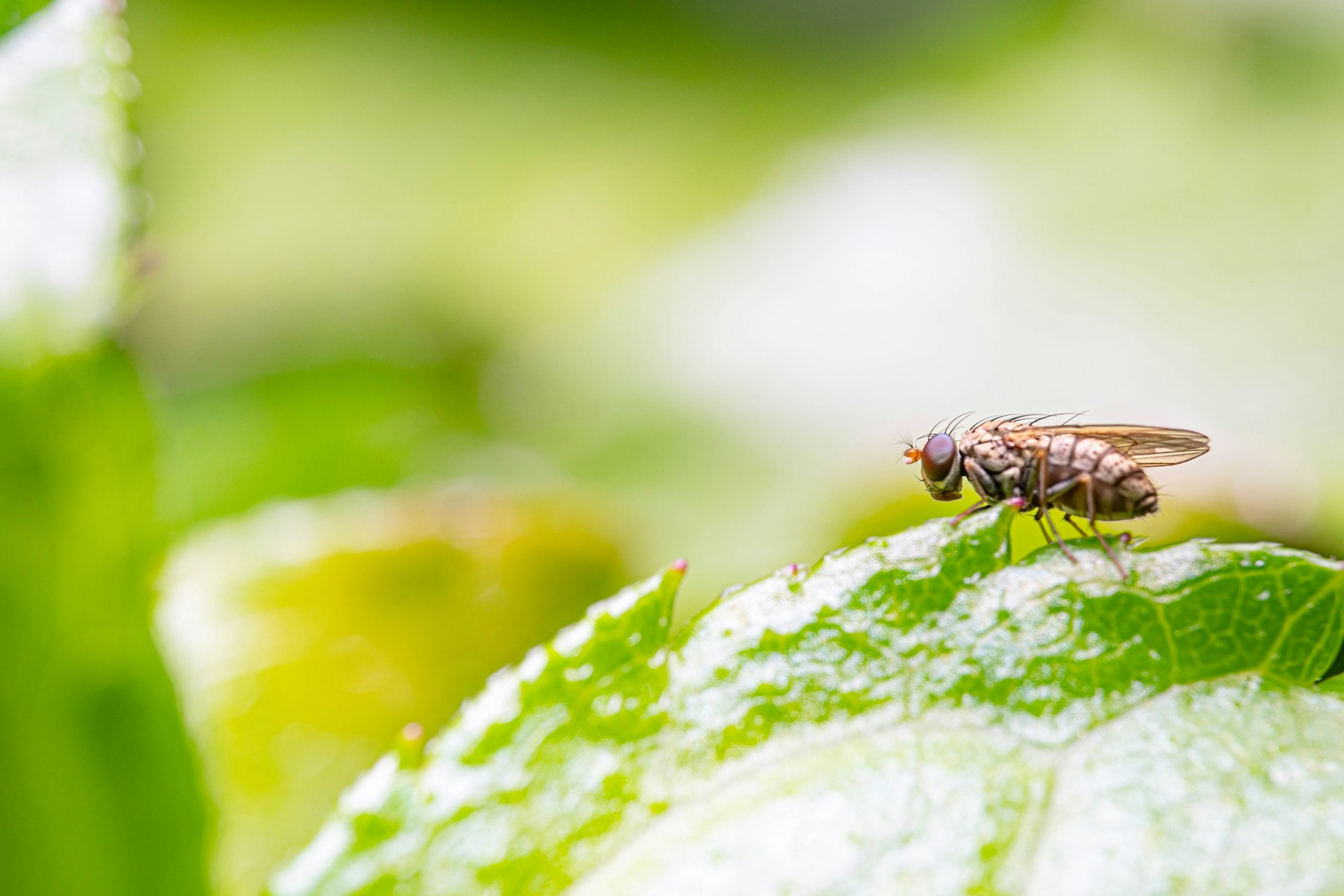Have you ever noticed how a garden fills up with all kinds of critters when it gets warm and vibrant during summer months?
A healthy, thriving garden invariably attracts pests that can hamper growth, undermine the health of your plants, and turn your beautiful garden into a nightmare.
Experiencing a pest infestation in your yard or garden can be disheartening, especially given the time and energy invested into creating an outdoor oasis. However, employing some smart strategies can make your garden less appealing to pests and keep it looking healthy and attractive all year round.
What are the Common Garden Pests?
Before we delve into solutions, it is essential to identify the common pests that plague gardens and yards. They include insects such as aphids, caterpillars, snails and slugs. Animals like rabbits, raccoons, deer, birds, and moles can also wreak havoc. For severe infestations and stubborn pests, you may need to hire exterminators, but first, try incorporating these simple DIY strategies in your gardening routine to prevent pest invasions effectively.
Creating Physical Barriers
One of the most effective methods in keeping pests away from the garden is using physical barriers. Fences, plastic coverings, and netting can deter larger pests like deer and rabbits. A fence can come in different forms such as wood, chicken wire, or deer netting providing sufficient protection. For smaller insects, you can apply row covers or garden fabric to prevent them from reaching the plants.
Companion Planting
The practice of companion planting, which involves placing certain plants near each other, can also deter pests. Certain plants can either mask the smell that attracts pests to your garden or actively repel them. For instance, marigolds are known to repel nematodes, while petunias repel aphids, and planting mint or basil around your garden can deter mosquitoes.
Regular Cleaning and Maintenance
Regular cleaning and maintenance are essential in warding off garden pests. Cleaning up fallen leaves, fruit, and twigs regularly can limit the hiding spaces for pests. Pruning infested leaves and maintaining proper plant density can ensure proper airflow and reduce moisture levels, making the environment less hospitable for pests. Additionally, a regular inspection of your garden or yard will help identify and curtail any burgeoning pest problem.

Natural Predators
Encourage the population of natural predators in your garden. Birds, hedgehogs, frogs, toads and insects like ladybirds and lacewings are all helpful predators that feed on common garden pests. Adding bird feeders, nesting boxes, or a small pond can attract these predators to your garden. They will not only help control the pest population but also add diversity and additional beauty to your yard.
Non-Toxic Pest Control
You can use non-toxic pest control solutions such as diatomaceous earth, neem oil, vinegar sprays, or hot pepper sprays which are health-friendly and keep pests at bay without hurting your plants. You can also introduce beneficial insects into your garden – thereby controlling one pest with another. For instance, ladybugs and praying mantises are known to keep aphids in check.
Pest-Resistant Varieties
Lastly, consider growing pest-resistant varieties. Certain plants are naturally more resistant to pests than others. By incorporating such varieties into your garden, you can significantly reduce the attractiveness of your yard to many common pests.
Conclusion
Remember, maintaining a healthy garden includes keeping it pest-free. While these strategies can be quite effective, remember to consult a professional exterminator if the situation escalates. With the help of these tips and regular attention, you can ensure that your garden and yard remain beautiful, healthy, and more importantly, free of unwanted pests. Even if pests do appear, the key is to act swiftly to prevent any significant damage to your idyllic outdoor haven.






